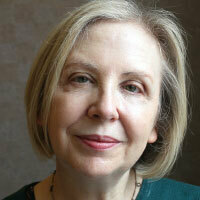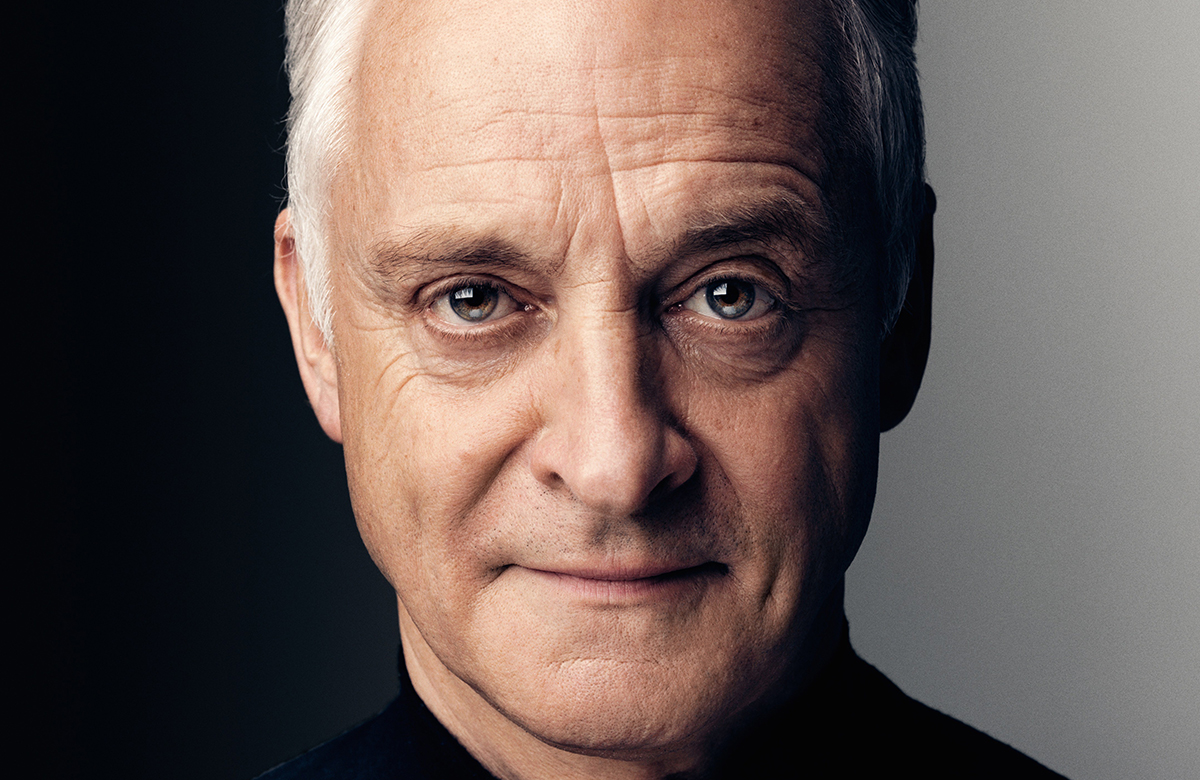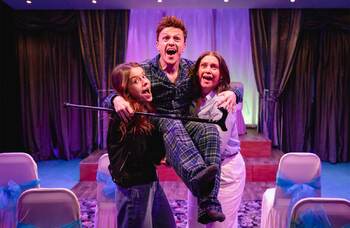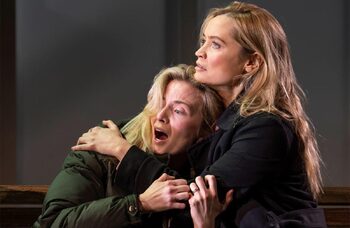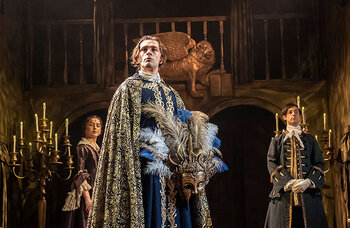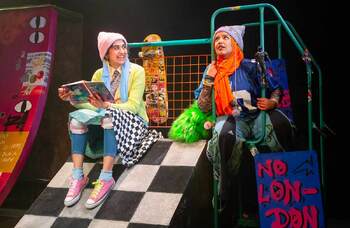Counting and Cracking review
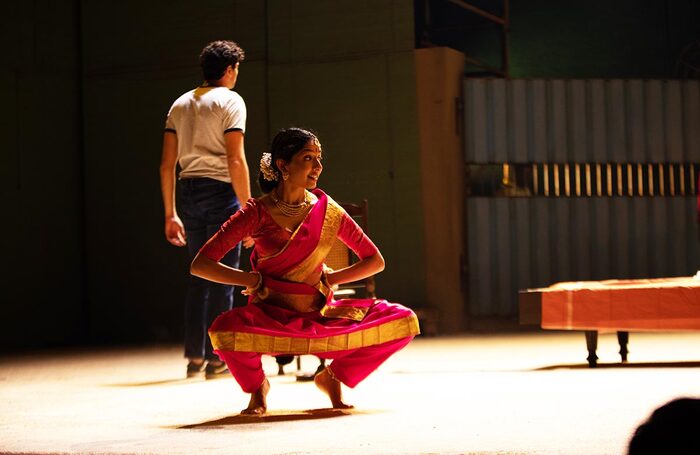
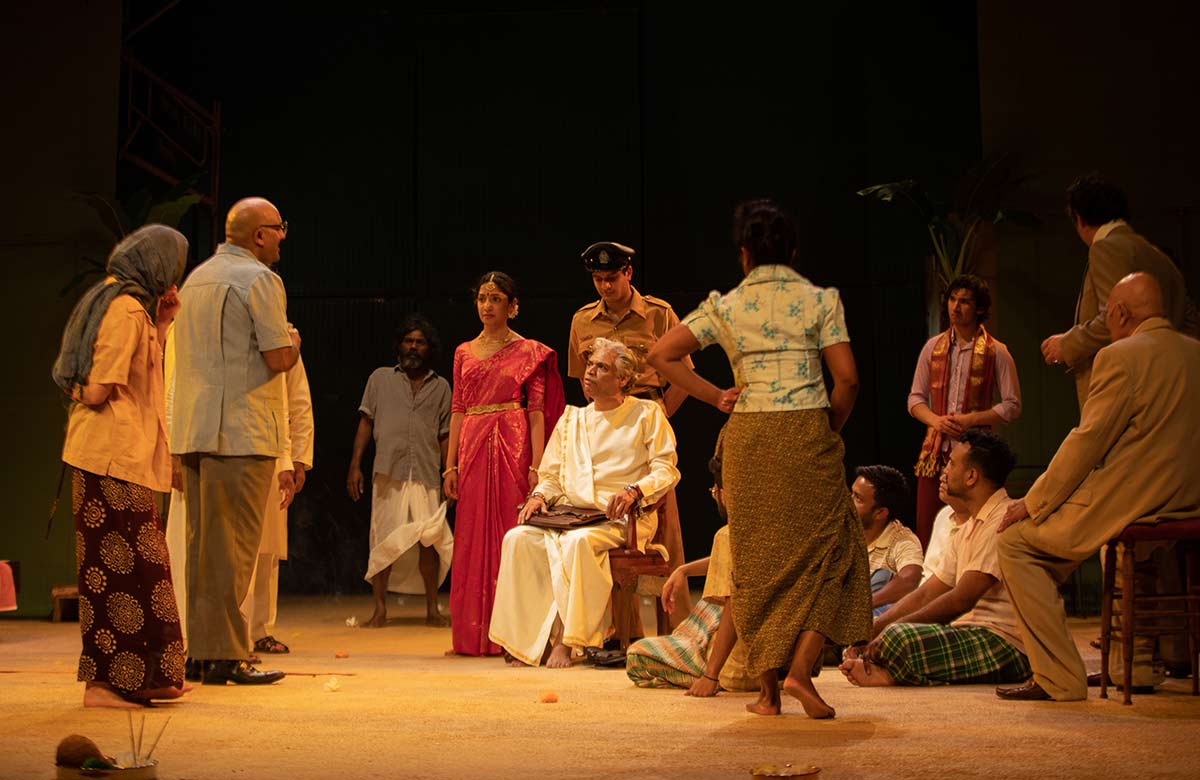




S Shakthidharan and Eamon Flack’s 11-language epic is a quietly truthful depiction of cultural heritage
The gates to the courtyard of a house in Sri Lanka swing open, and a story pours through them, rippling through time, generations and continents. S Shakthidharan and Eamon Flack’s sprawling epic, which arrives in the UK as part of the Edinburgh International Festival before heading to Birmingham Rep, tells some of the recent histories of Sri Lanka. It focuses on the experience of immigration through the story of a single family: Radha and her unborn son Siddhartha, who fled Sri Lanka as civil war erupted in 1983.
Counting and Cracking begins 21 years later, as Siddhartha, now a media studies student often at odds with his mother and ignorant of much of his cultural heritage, reluctantly takes part in a ritual depositing his grandmother’s ashes into the waters of Sydney Harbour. Sid thinks of himself as thoroughly Australian. But what does that mean?
Over the next three and half hours, in a show spanning six countries and 11 languages, we witness how lives are altered in split-second decisions, how politics and violence buffet individuals, and how they are set adrift on currents – their lives meeting and mingling in unexpected ways as they all look for a place that feels like home. In the cool courtyard of Radha’s grandparents’ Columbo home — where her grandfather is the only Tamil in the government — the rule is “no politics”. But politics forces its way in and changes the course of the next generation’s lives.
It takes a while to get a grip on time, character and narrative in a production that unfolds on an almost bare stage. But with often elegant simplicity, this soap-opera style family saga unpeels. Yet it is a production that feels too long — the script needs a good edit — and not expansive enough for us to really get to know the characters.
Instead, they remain cyphers, and the plotting often feels schematic, as if characters such as Siddhartha’s indigenous girlfriend Lily, or the Turkish air conditioning man trying to connect using Skype, are not fully conceived. They feel as if they are there to make a point about Australian culture and its melting pot society – rather than for satisfying dramatic reasons. Shakthidharan and Flack often have difficulty conveying information, resorting to a clumsy series of telephone exchanges as violence erupted in Sri Lanka in 1983 and Radha’s husband went missing.
Nonetheless, there are pleasures in its swirling sense of a world in constant flux and quietly truthful depiction of how each generation fails the next, even as they try to do the best for them. As Radha tells her son in Tamil: “You do not say goodbye, but I go and I come back.”
More Reviews
Recommended for you
More Reviews
Recommended for you
Most Read
Across The Stage this weekYour subscription helps ensure our journalism can continue
Invest in The Stage today with a subscription starting at just £7.99
